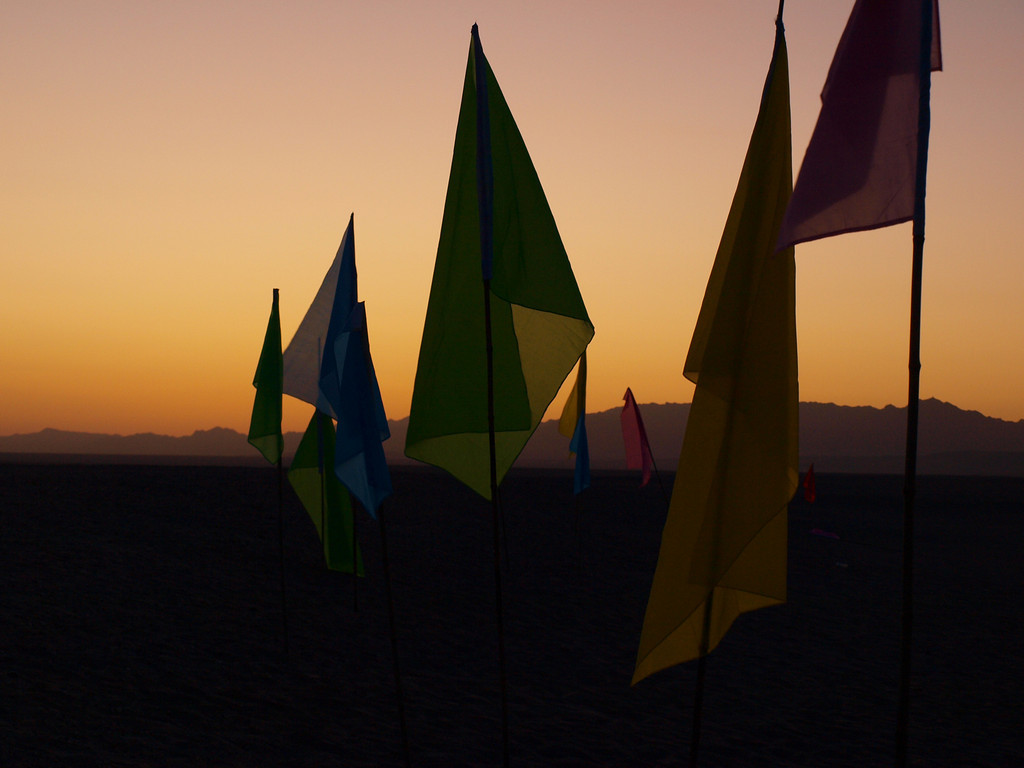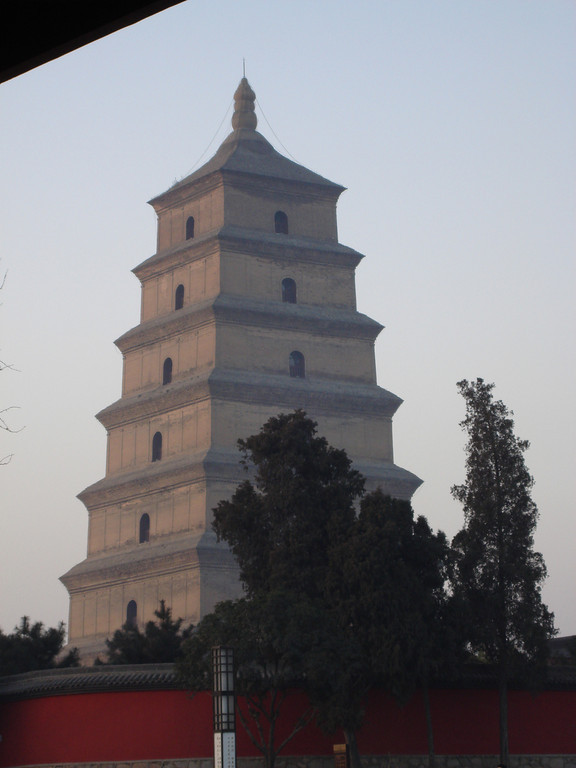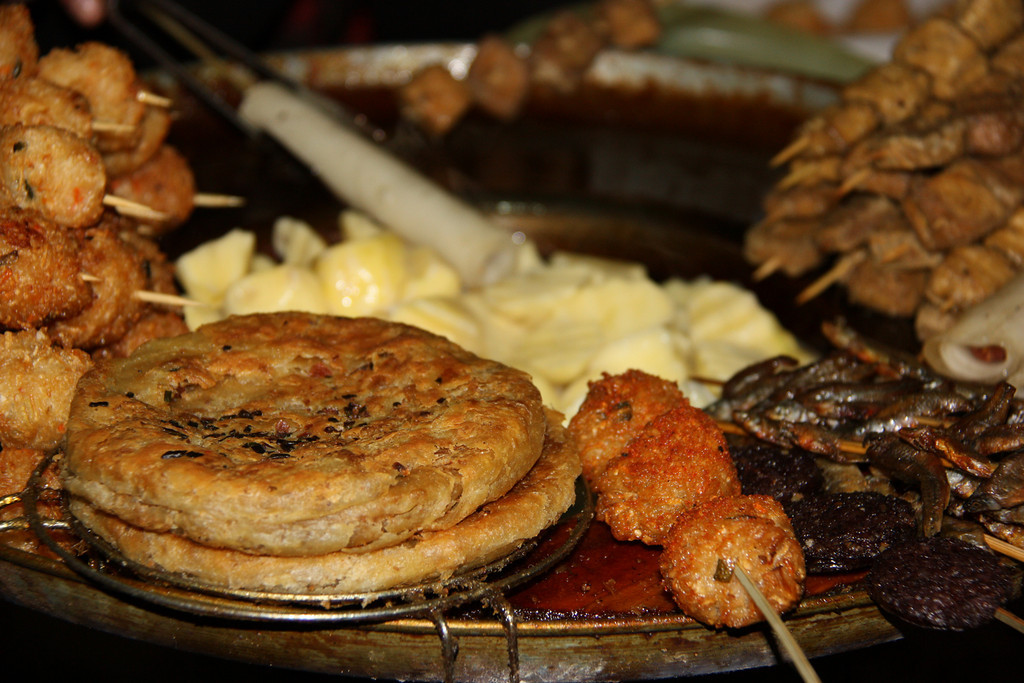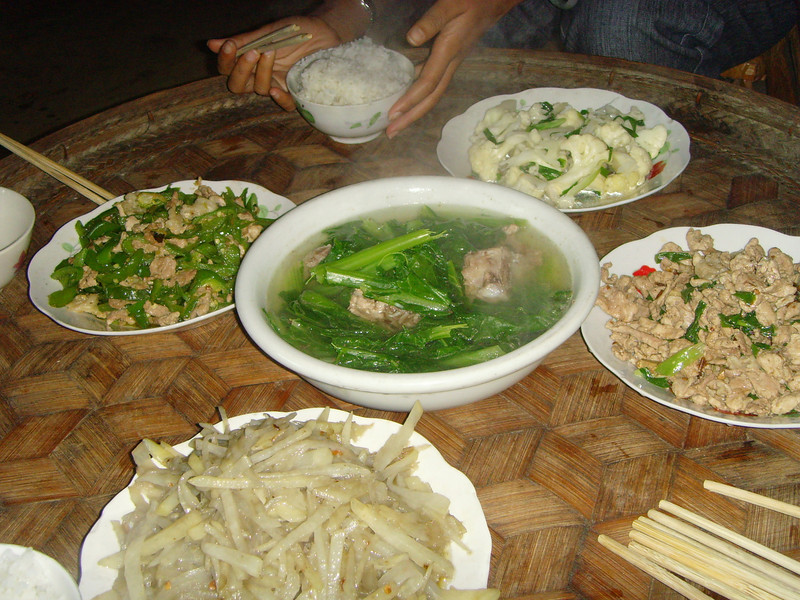It’s been another adventure-filled year at AsiaTravel – venturing to new destinations, revisiting preferred haunts for a second (or third, fourth) time, engaging in rugged hands-on activities, and relaxing in China’s finest luxury spots.
To pay homage to our favorite hotels, sites, and activities in China for the past year, we bring you our 2010 installment of AsiaTravel’s Best of China Awards – a small sampling of the finest that China has to offer, with many new additions (and a few return favorites).
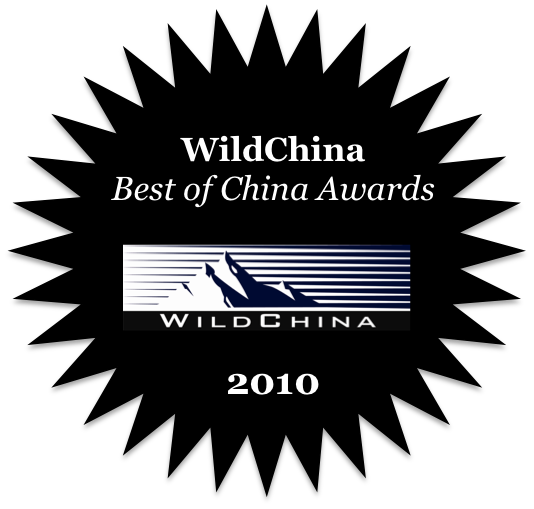
Top 5 Hotels
Our top hotels for 2010 showcase China’s finest urban simplicity and rural grandeur. Chosen through an in-depth survey and client feedback process, these prime accommodations represent the best in service standards, environmental commitment, and unique design.
The Langham Hotel, Shanghai * – beautiful art deco style & a superb location
The Linden Centre, Dali – cultural heritage preservation through elegance and innovation
The Opposite House, Beijing * – sustainable modern luxury & unparalleled amenities
The Schoolhouse at Mutianyu, Mutianyu * – an incredibly eco-friendly home-away-from-home nestled near the Great Wall
Songtsam Retreat, Shangri-La – exceptional boutique accommodation in a distinctly Tibetan style
*These properties also won our Best of China Awards for 2009.
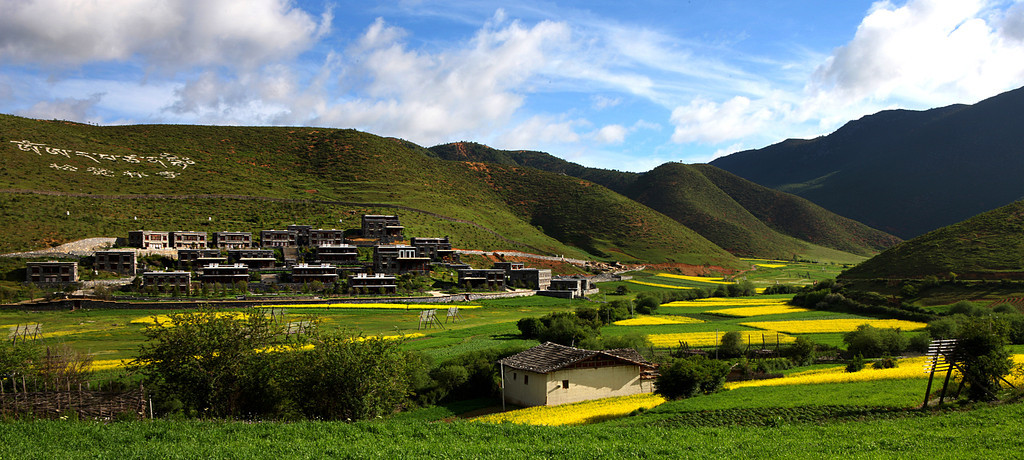
Songtsam Retreat, Shangri-La
Top 5 Sites
We want our clients to experience China’s most incredible, unique, and unspoiled destinations. Below are our top picks for 2010 that allow for tucked-away adventures and peaceful exploration.
Longquanyu Wild Wall, Beijing – a remote section of the Wall that affords travelers a unique look at China’s most iconic monument
Xi’an Mosque and Snack Street, Xi’an – religious observation and bustling daily life intertwine in the city’s Muslim Quarter
Friday Market, Shaxi – Yunnan’s Yi and Bai minority peoples don their traditional best to trade hard-to-find goods in their mountainous village areas
Tea Plantation, Hangzhou [excursion upon request] – the home of Longjing (Dragon Well) tea in lush Zhejiang province
Wang’s Residence, Pingyao – A Qing Dynasty-era testament to ancient luxury and wealth in Shanxi Province’s ancient walled city
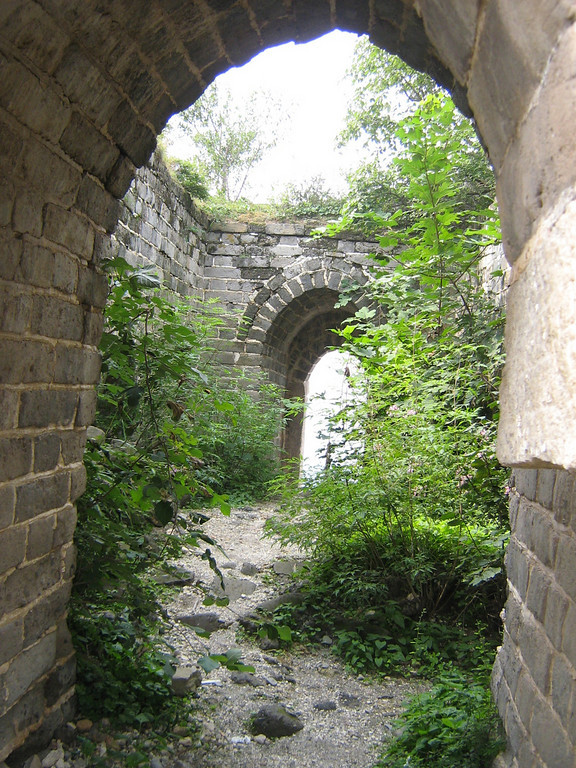
Longquanyu Wild Wall, Beijing
Top 5 Activities
Personal, once-in-a-lifetime, and hands-on: we love these activities because they bring our travelers closer to the people of China. These make for fun excursions that go far beyond the tour bus.
Pabongka hike to Chupsang Nunnery and Sera Monastery, Lhasa – a sun-filled, energizing hike is only the prelude to lively monk debates outside of the city
Update: The Pabongka hike has since been discontinued
Overnight in Miao villager’s home, Paika Village – enjoy a spicy home-cooked Guizhou meal and learn about daily minority life and culture in the village known for Lusheng, a traditional Guizhou instrument
Early morning kungfu lesson at the Temple of Heaven, Beijing – the traditional Temple sets the scene for travelers’ lesson from a master of the widely-practiced martial art
Sister’s Meal Festival, Kaili – young Miao women, dressed in colorful homemade embroidery and silver jewelry, sing and dance in this coming-of-age ritual and matchmaking ceremony
Visit with an Yi minority shaman, Lijiang/Wenhai Valley – learn from this well-respected traditional medicine man about the Yi minority’s animist tradition
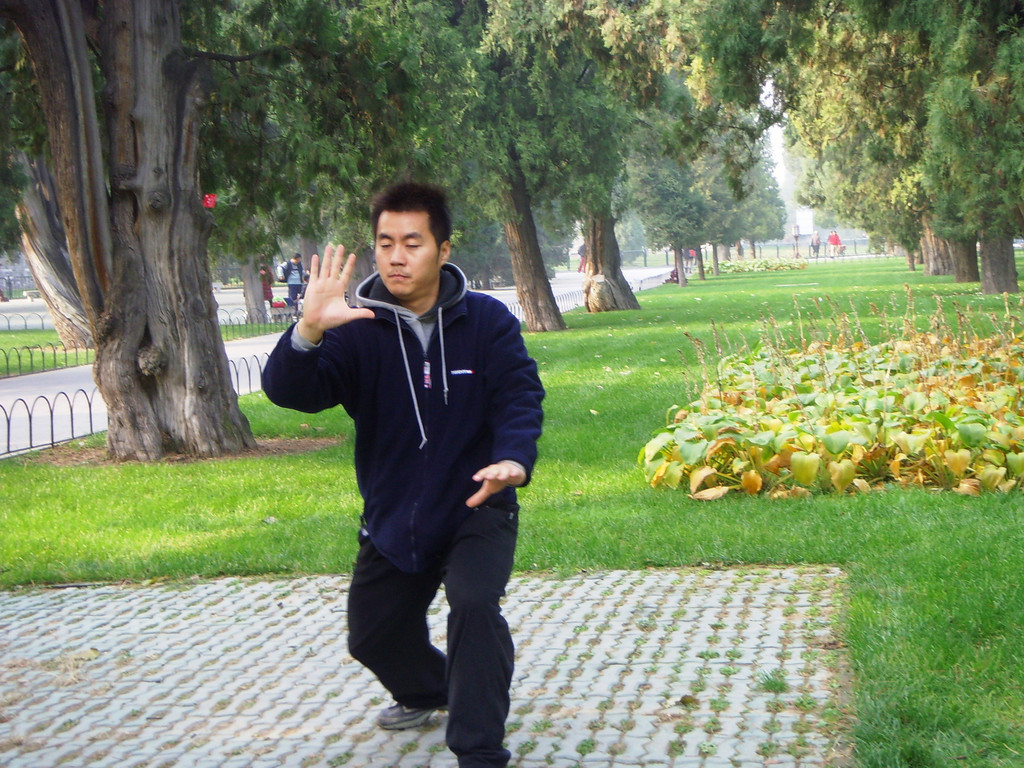
Early morning kungfu lesson at the Temple of Heaven, Beijing
———-
Miss our top picks from last year? Take a look at our Best of China Awards 2009.
Did we leave out your favorite hotel, site, or activity? Let us know! Send us an email or a tweet.







